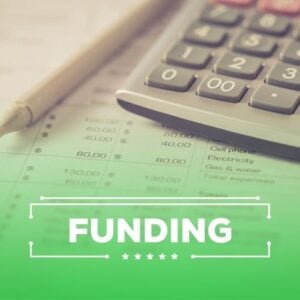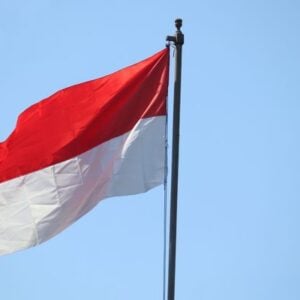Cameroon’s finance minister has received authorisation to borrow up to 930 billion CFA francs ($1.67 billion) in domestic and external loans to finance development projects and clear arrears, according to a presidential decree. The funds will be mobilised through treasury bond issues, domestic private lenders, and international banking institutions. The decision comes as the country grapples with slow disbursement of external financing and revenue shortfalls, particularly in non-oil tax collection.
Officials say the borrowing move signals market confidence, boosts liquidity, and aligns with debt sustainability standards set by the Central African Economic and Monetary Community (CEMAC). As Central Africa’s largest economy, with oil, gas, cocoa, and timber as key sectors, Cameroon has increasingly turned to borrowing in recent years to address budget shortfalls and support infrastructure development.
Despite this, concerns remain about the country’s debt profile. The International Monetary Fund recently warned that Cameroon is at high risk of debt distress, even though its public debt—standing at 43% of GDP as of June 2025—remains below CEMAC’s 70% ceiling. Analysts caution that inefficiencies in debt management and the underutilisation of borrowed funds may undermine economic resilience.
Critics argue that while fresh borrowing may stabilise finances in the short term, the effectiveness will depend on transparent governance and strategic use of the funds. The government has not yet specified which development projects will be financed under this new borrowing package. In recent years, Cameroon has relied increasingly on both domestic and external loans to bridge widening budget deficits.







